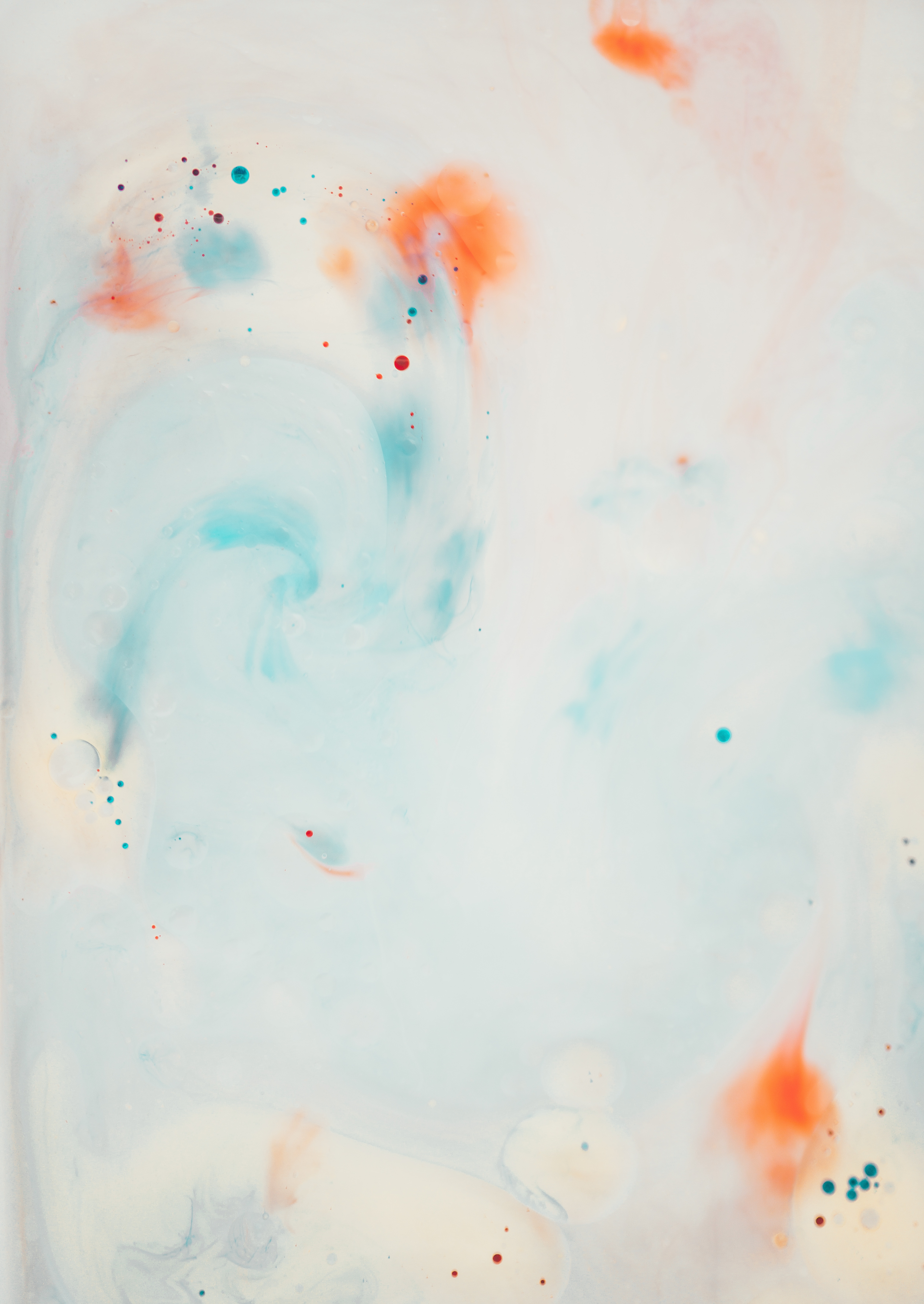
Guidelines for using Arts Award in therapeutic practice settings
BY: Guest Writer
26 Jan 2015
These guidelines have been prepared by Sussex Partnership NHS Foundation Trust Arts Therapy Service and Sussex-based Arts Award training provider Culture Shift following a short pilot as part of the Arts Award Reaching Out programme. Reaching Out supported the development of Arts Award with a range of partners working with vulnerable children and young people including residential children’s homes, fostering services, housing support, hospital schools, and Child and Adolescent Mental Health Services.
The aim of the Sussex based pilot was to explore the use of Arts Award within therapeutic practice with young people. Ten art therapists were trained as Bronze/Silver Arts Award advisers. Each took at least one young person through Bronze Arts Award and contributed to developing these guidelines.
Why use Arts Award in therapeutic practice?
Arts Award is being successfully delivered in hospital settings and by professionals working with children and young people with mental health issues. Positive outcomes for young people include ‘not being defined by their medical condition’, increased communication and leadership skills as well as achieving a nationally recognised qualification. The partners and arts therapists involved in the pilot project wanted to explore how far Arts Award can be embedded within professional art therapy practice.
The project partners found that Arts Award is highly accessible and achievable and can be a valuable tool for enhancing therapeutic goals, bridging this with young people’s lives and interests outside of therapy and providing tangible outcomes to be proud of.
- Arts Award offers an accredited outcome for young people experiencing health difficulties, and external validation of work produced within therapeutic or rehabilitative contexts
- The content and outcomes of Arts Award offer a flexible framework with no time restrictions which can enhance wellbeing and help achieve therapeutic goals
- Young people value Arts Award as it provides visible results and a tangible outcome. It is motivational
- Young people can use any art form and evidence their work in any format. It does not rely on written work
- Practitioners trained as Arts Award advisers gain professional development, adding new strategies to their toolbox and refreshing their practice
Who might benefit from Arts Award?
- Any young person going through therapy who has an interest in the arts may find the structure of Arts Award and its tangible outcome of value
- For young people that are missing school, the award provides an accredited qualification which can increase their self esteem, pride and competence
- Arts Award can be undertaken by children and young people aged up to 25 years, so colleagues working with young adults may also be interested
- The benefits for therapists include developing their own learning and having another creative option in the toolbox
When is it best to introduce Arts Award?
- Consider Arts Award in pre-existing groups where a supportive atmosphere is growing
- Introduce Arts Award in the assessment or beginning phase of individual therapy as an option that can be returned to when the young person is ready
- Utilise Arts Award part way through, particularly if difficulties with achievement at school become apparent
- Bring it in towards the end of therapy to mark the progress made and support the closure of the relationship
- Using professional judgment is key to determining how and when to introduce Arts Award as an option.
Getting started
- Be ready to explain the content (requirements and flexibility) and value of Arts Award in its own right and as a tool to support therapeutic goals. Explain the supportive role of therapist/adviser, and how others in the young person’s network can help
- It may be helpful to share an information sheet for young people and parents/carers so everyone knows what’s involved and can support the young person outside of their therapy sessions. There are plenty of Arts Award resources that can help with this – from printed booklets and guides to short films and visuals on the Arts Award and Arts Award on Voice websites
- Acknowledge that Arts Award can take in all kinds of arts activities, experiences within and outside the therapy session. Arts Award isn’t limited to visual arts/the practice of the therapist
- Think about how you introduce Arts Award to the young people you work with. It may be useful for some young people to understand the evidence requirements and assessment criteria from the outset, for others this level of detail may be daunting. Some may respond well to structured sessions with a clear Arts Award outcome in mind, others may prefer to begin with informal activities that support Arts Award to gain a sense of progress, and move towards more formal activities as they build their portfolio of work
- Again professional judgment is important in considering what will empower the young person and what may overwhelm them.
Negotiating boundaries
- Consider the stage at which Arts Award is introduced and articulate how Arts Award differs from standalone therapy. Explain and negotiate the therapist-adviser role, issues of confidentiality and how decision making will take place
- Whilst pressure of deadlines might feel alien to a therapy situation, once a young person is engaged, a more directive stance may be useful. You should be prepared, where appropriate, to actively encourage young people and negotiate deadlines
- Sharing work made in therapy with an external audience might feel in tension with arts therapy protocols. Make sure you have appropriate consent in place to share young people’s work with an external moderator and involve young people in selecting all work that is to be shared through Arts Award
- Photographs of young people participating in art making can help provide useful evidence however make sure you gain consent before taking any photographs or media recordings
- Check your local guidelines before you download any pictures or films of young people onto your computer Think about consent forms and strategies for ‘switching’ roles during a session eg ‘putting the adviser hat on’.
Keeping up the momentum
- Try to ensure regular contact to maintain focus and motivation
- Recognise what is possible within the confines of the sessions and either arrange extended sessions or employ the wider network to support activities in between therapy eg visits to arts events/experiences. Note: although exploring the arts by being an audience member is actively encouraged for Arts Award this does not have to be an external/outside visit. Advisers can arrange arts experiences to take place in a familiar or secure venue as well as accessing online podcasts, galleries and events
- Maintain a balance between achieving Arts Award and respecting the ups/downs of a young person’s life. Arts Award may need to be put on hold for a while and can be picked up again later. Arts Award sets no time limit for completion – advisers book moderation when they are ready. Be clear about what flexibility you can offer
Resourcing Arts Award
- Make sure you have worked out how you will fund the cost of Arts Award before you start working with a young person
- Be prepared to support young people’s developing interests, without feeling you need to become an ‘expert’
- Young people might struggle to think of a person for the ‘Arts Inspiration’ part of Bronze. You may want to have some visual prompts or ideas for internet research eg artists that have suffered from poor mental health. Access to the internet can transform the experience!
- Don’t assume young people know where or how to access information about arts and culture. Be ready to help them find local or national information. Your knowledge is an important resource
- Remember you can apply to the Arts Award Access fund, which offers grants of up to £1500 for Arts Award centres working with disadvantaged young people. There may be other local budgets or sources of funding you can access
Managing Arts Award
- The ‘Skill Share’ element of Bronze Arts Award can be daunting for a young person who lacks confidence so you need to find an appropriate challenge. This might be teaching a simple arts technique or activity to a trusted keyworker, friend or family member, or developing a filmed or written step-by-step guide or instructions to share with a third party
- Evidence can be presented in any way the young person is comfortable with – whether paper based or online/digital. Images, photographs, social media and recordings are all welcome as well as writing and the use of symbols and assistive technology
- At Bronze level young people will need support and direction from start to finish. You may find that the baton of leadership moves as the process evolves with young people taking increasing responsibility
- Do ask young people, teachers, family, keyworkers etc for feedback about Arts Award, its benefits and challenges
- Evidence gathering can be a shared responsibility. Record everything and weave it into the whole process!
‘Arts Award can be useful in answering the question “how will art therapy help me?” It can be used as a framework.’ Art therapist
'It has enabled the young person I work with to transfer some of the therapeutic benefits of the work, outside of the art therapy sessions, in developing the ability to work at home’ Art therapist
‘The Arts Award process felt like it consolidated the therapeutic alliance between young person and therapist’ Art therapist
‘Seeing the young person I work with smile and actually be proud of what they have achieved is priceless!’ Art therapist

.jpg)


Comments & Replies